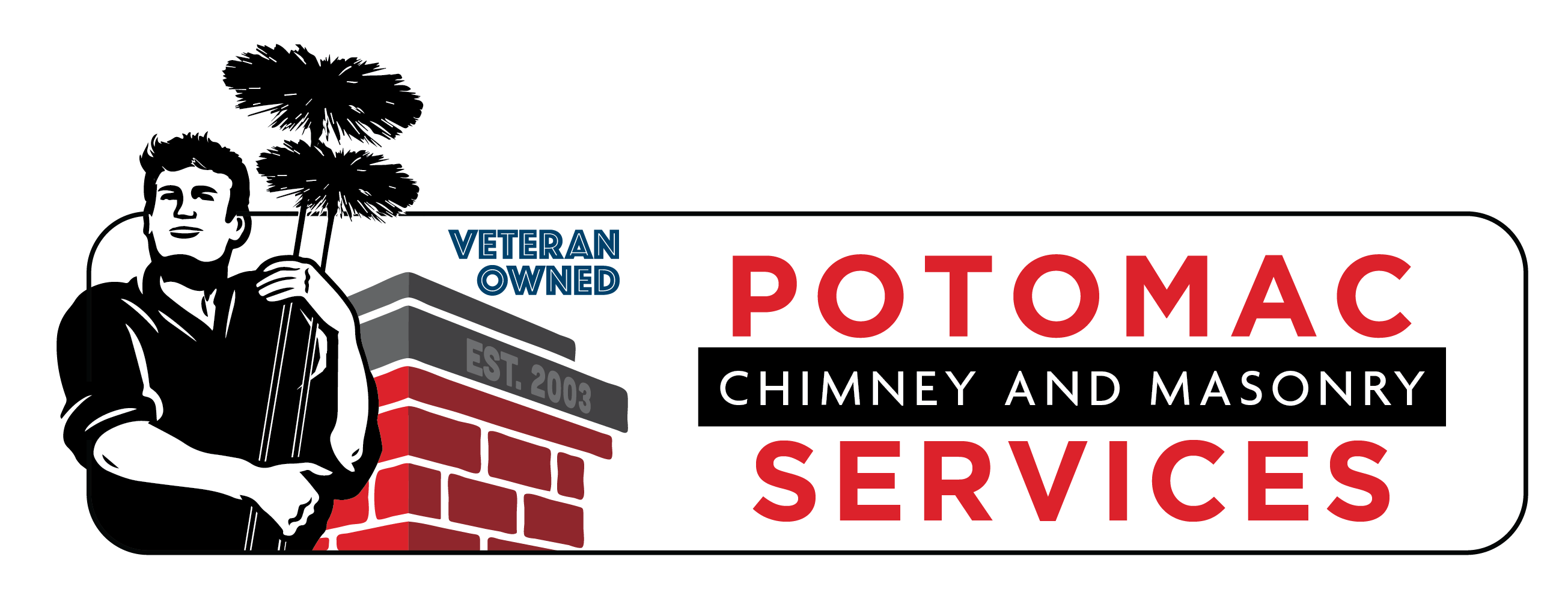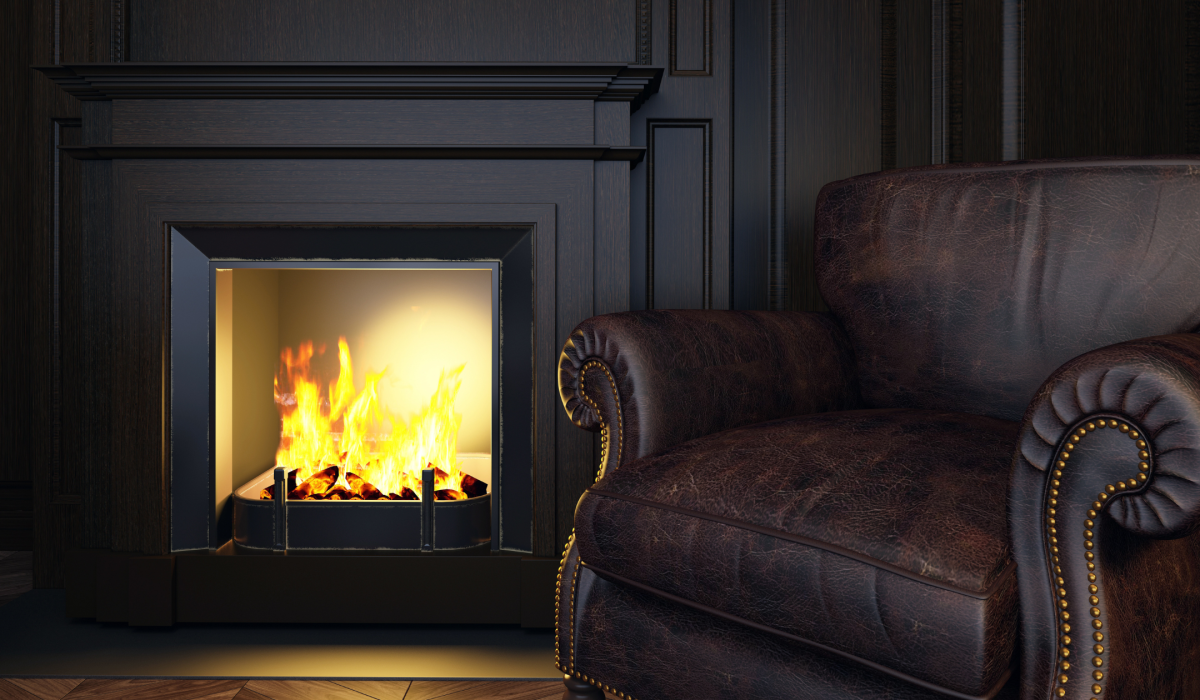Does your chimney smell, even when you aren’t burning fires? You may have a negative air pressure problem in your home.
Here’s why Negative Air Pressure causes chimney smells in the home:
When you burn a fire, the air is drawn into the fireplace, making its way through the chimney and out the top. This happens because the firebox temperature is higher than the outdoor air. However, on warmer or humid days, when you aren’t even burning a fire, the opposite can happen. Instead hot air from the outside often comes down the chimney and pushes it back into your home. Along the way, this air can pick up the odor caused by creosote deposits that are natural byproducts of wood burning. When this happens, your home can smell an unpleasant chimney odor.
“When your house has negative air pressure problems, it’s starving for air and looking for a source to pull from,” explains Jeff Peterson, owner of Potomac Services – the Chimney Safety Guys. “The house will often use the chimney as an air source, bringing, an unpleasant smell from residual creosote with it. To help reduce the smell, you can start with a chimney sweep. But the real problem to solve is to fix the negative air pressure problem in your home.”
Here are some ways Potomac Services can help you solve the issue with your chimney smell:
- Advise you to try to open a window on the same floor as your fireplace to relieve the pressure
- Call Potomac Services to inspect and clean your chimney
- If recommended, install a top-mounted damper and/or fresh intakes
Note: To truly resolve the overall negative air pressure issue in your home, contact your HVAC company and ask about installing an HRV (Heat Recovery Ventilator) system.

